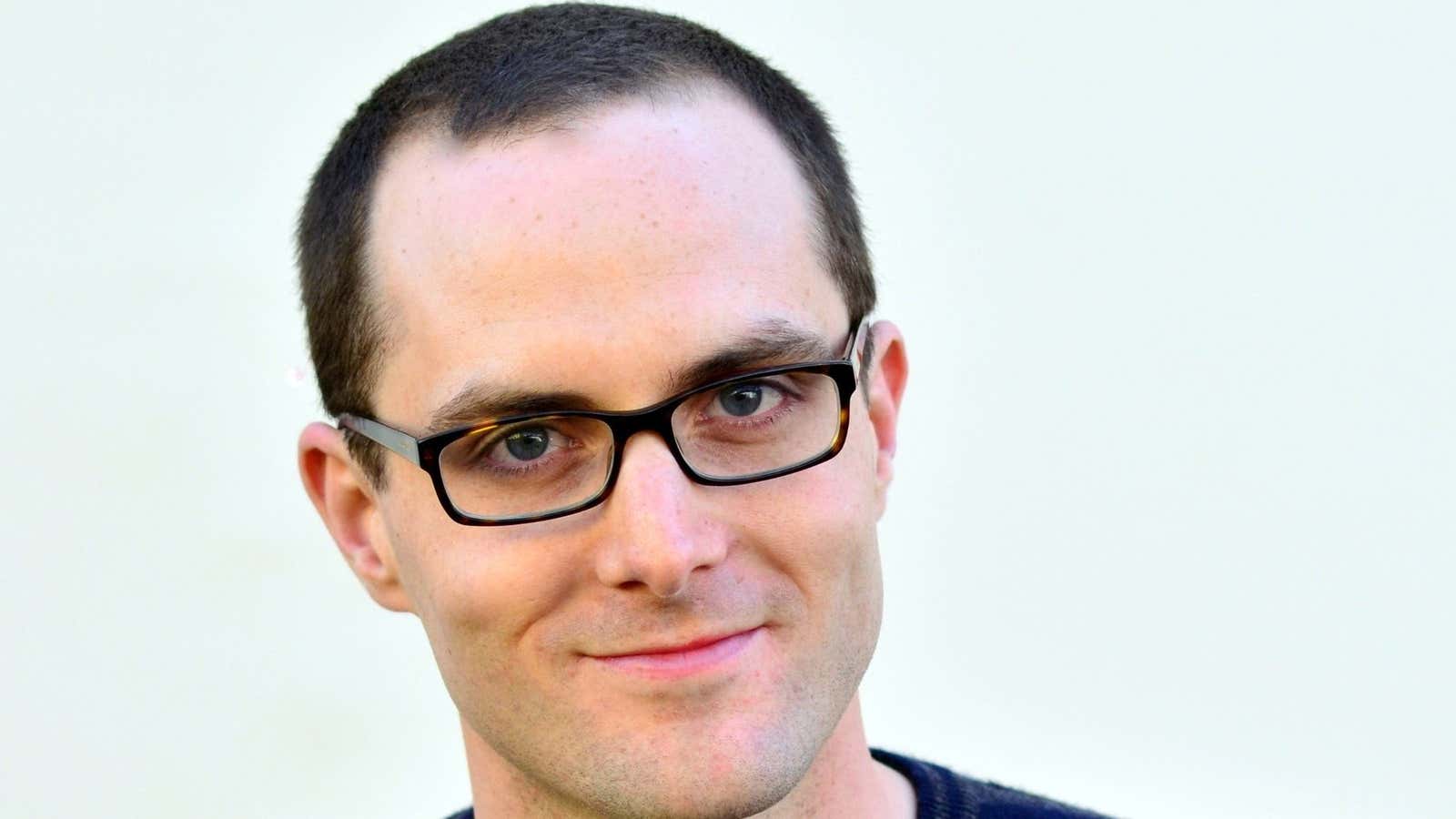I recently chose to step down as CEO of the technology company I co-founded seven years ago. It wasn’t an easy decision; ongoing struggles with mental illness and a desire to prioritize my mental health were the primary drivers of this choice. As you might imagine, there are plenty of reasons why it is easier not to write publicly about this. But those reasons are also why it’s so important that I do talk about it.
In the spirit of transparency and destigmatization, I share that I continue to live with a group of mental health challenges that includes severe anxiety, suicidal ideation, panic attacks, and depression. For me the degree of these symptoms can vary significantly over the course of time. I am grateful to have had access to continuous and multi-faceted treatment for these conditions over the last few years. However, despite this support, over the course of 2020 I experienced a material degradation of my overall mental health, which resulted in a period of hospitalization in August. I was concerned that I might harm myself, and I sought help at the emergency room nearest to me which led to in-patient care.
I’ve balanced mental illness and an intense career for almost 20 years. I am grateful that this career has been filled with its share of adventures and rewards of all types. August was not my first time pursuing residential treatment for mental illness, but it was the scariest and most sudden. Part of me wants to jump back into the hard and important work my startup, EarnUp, does. However, staying alive and making my health a priority demands a different focus for me at this point.
I am proud of the massive impact EarnUp has had since Nadim Homsany and I founded it in 2013. It meets a vital need by helping Americans manage over $10 billion in consumer loans and improve their financial lives. I am proud of the company we’ve built and the promise it holds at a point of great financial challenge for many people across the globe. So it has been with great sadness that I chose to step back from the company, transitioning from being CEO of EarnUp to a part-time advisor.
I share these details as I believe honesty about our struggles helps liberate all of us. No one should feel shame about discussing their mental health issues or seeking the support needed to live safely and joyfully.
I find it helpful to think about how we deal with physical illness versus mental illness in corporate life. It is common for a team member to cite physical ailments like “recovering from surgery” or “undergoing cancer treatment” as a reason to take time off or switch jobs, and certainly those are valid. Media stories about CEOs or other well-known people shifting their roles due to physical illnesses are also quite common.
This is good stuff, important stuff, but what of mental illness? I looked. And I was hard pressed to find more than a handful of articles about executives publicly making professional changes due to mental health. This is notable because for many executives I know, mental health challenges have been the primary reason they cite in private for why they have left jobs or entire careers.
I am speaking openly about this decision because it’s time we broaden the effort to de-stigmatize mental illness. While nearly half the population will experience mental illness in their lifetime, we still live in a culture that generally keeps discussions about mental illness in the shadows. This silence is rampant across many areas of society, but corporate life maintains a particular type of secrecy and shame around the topic.
No one should feel obliged to share their health details with the world. However, I want to live in a world where each of us feels able to be transparent about our struggles while enjoying the acceptance and support of our communities and employers.
We have a long way to go as a society around mental health. In the US, less than half of those who had a mental disorder in the past year received professional health care or other services. Limited access to mental health care is particularly pronounced in communities of color and other marginalized groups.
If you are struggling please tell someone and ask for help. Even as someone with health insurance and other privileges, I have found aggressive self-advocacy is the only way to get adequate mental health support. Take care of yourself and let us find new ways to support each other in living healthy and joyful lives.
If you are in crisis or know someone who is, in the US you can call the National Suicide Prevention Lifeline, 24/7, for confidential support at 1-800-273-8255. For hotlines in other countries, click here.
